ORC explained and why you should care
Jill Herron
14 September 2022, 5:35 PM
 Tony Lepper addresses voters at a 'meet the candidates' gathering hosted by Grey Power in Alexandra last week. Fellow ORC candidates Alexa Forbes (at right on main table) and (from left on small table) Michael Laws, Gary Kelliher and Mike Barker listen
Tony Lepper addresses voters at a 'meet the candidates' gathering hosted by Grey Power in Alexandra last week. Fellow ORC candidates Alexa Forbes (at right on main table) and (from left on small table) Michael Laws, Gary Kelliher and Mike Barker listenLooking after water, air, land and transport is the short version of what the Otago Regional Council (ORC) does for Otago.
It’s a massive job and voters here in Central Otago - and the whole province- are now tasked with choosing who will act for them on this crucially important work, at this crucially important time.
The ORC tackles the big stuff, taking a lead role in issues like climate change, biodiversity loss and urban development.
Like the district council, it must enact new requirements being sent down the line from central government as well as continually updating its own policies, strategies and plans.
The ORC also has to respond to the fact that people are far more aware now of climate change and the impact of activities on the environment, so it is demanding more action.
In the ORC’s own words (from its website), it is responsible for “environment, safety and resilience, transport and regional leadership”.
The myriad of roles includes things like pest control, Civil Defence emergency management, a harbour master function, public buses and monitoring risks from natural hazards.
A wave of current changes affecting all these things means activity is ramping up - more work for staff and elected members going in, and new rules and costs coming out the other end to land on ratepayers and commercial operators.
Understandably in the current climate, the ORC have expanding staffing levels.
The HQ is Dunedin-based but there are satellite offices in Alexandra and Queenstown, and depots in Balclutha, Oamaru, Wānaka, and Cromwell.
Employees currently number around 180 full-time equivalents but this will be expanding to 330 full-time roles.
It’s busy…the customer service team responded to over 20,000 emails and 25,000 phone calls in the past year alone, according to a recent newsletter.
After many, many years of low rates, these nearly doubled last year then went up 18 per cent this year.
The ORC is governed by an elected council of 12 and of the four constituencies, Dunstan is by far the largest in size, taking in Queenstown, Wānaka, and all of Central Otago.
Only three councillors will cover all those country miles, to be selected from the five standing (below), to lead the work from October 8.
As well as the ongoing water and land plans and policy setting, the successful Dunstan candidates will likely have input on things like managing central Otago’s chronic rabbit problem, our air pollution issue and public transport (Queenstown buses).
The Central App asked each candidate for their age, occupation, local, regional, or central government experience and a short paragraph on what’s on top… something important or meaningful they want to achieve.
Michael Laws
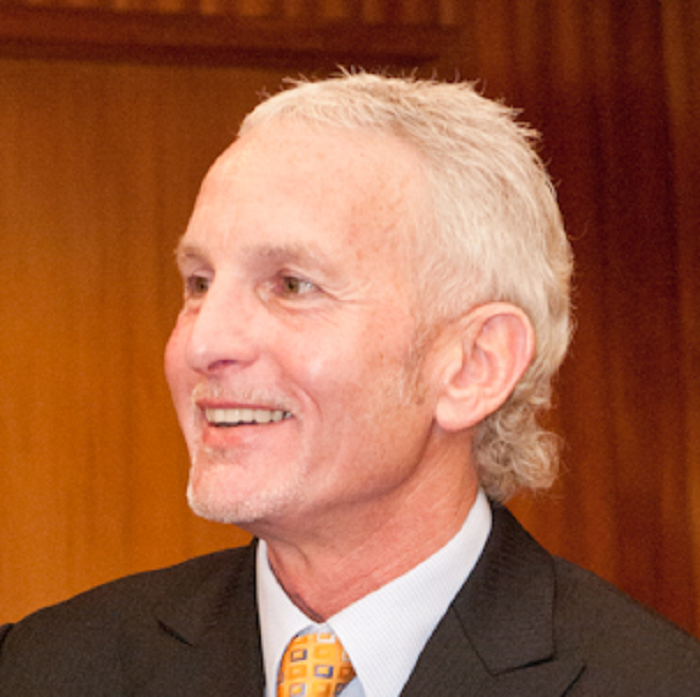
Michael Laws
A personal priority for Cromwell-based candidate Michael Laws is progressing the ORC’s Otago Lakes Strategy.
Michael (65) is a broadcaster and advocate-general, with extensive government experience. He was a member of parliament for six years, mayor for six years, regional councillor for another six years and served as a district health board member for seven years.
“The ORC's Otago Lakes Strategy that I initiated, is a personal priority. It will preserve and enhance the water quality and ecological values of all Otago's lakes, both natural and man-made.”
Mike Barker
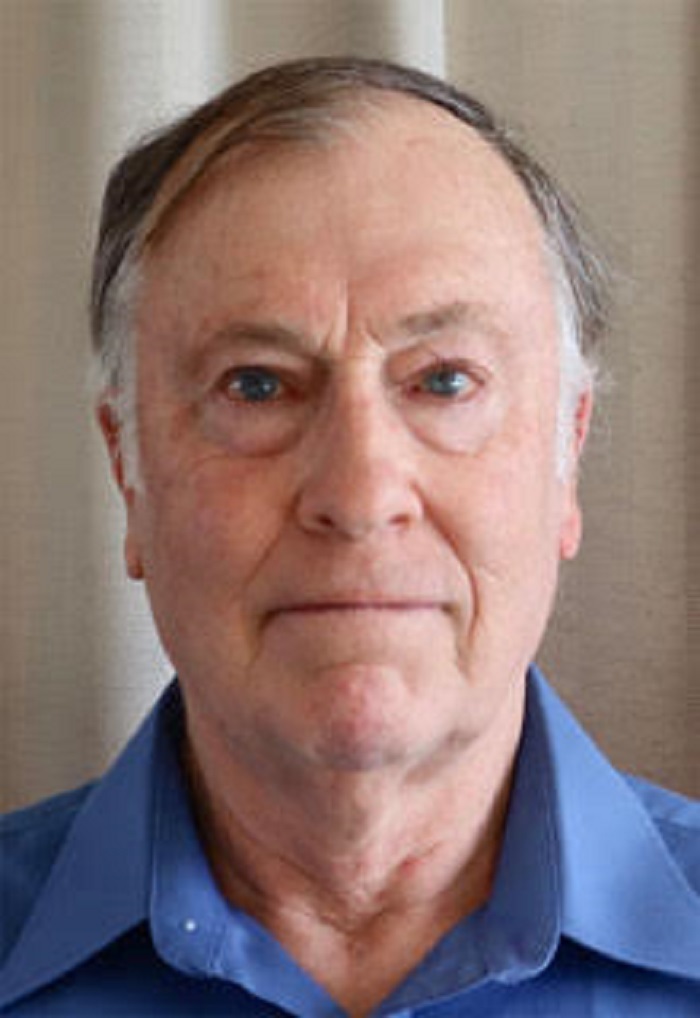
Mike Barker
Retired marine scientist Mike Barker aims to focus on finalising the council’s Land and Water Plan for Otago, implementing the National Policy Statement on Fresh Water Management and set minimum flows in the Manuherikia River, as well as developing a comprehensive lake and river monitoring program.
Mike (75), as a former University of Otago associate professor, has not been involved in a government role but has served as a Fish and Game councillor for four years. He now resides in Wānaka.
Tony Lepper
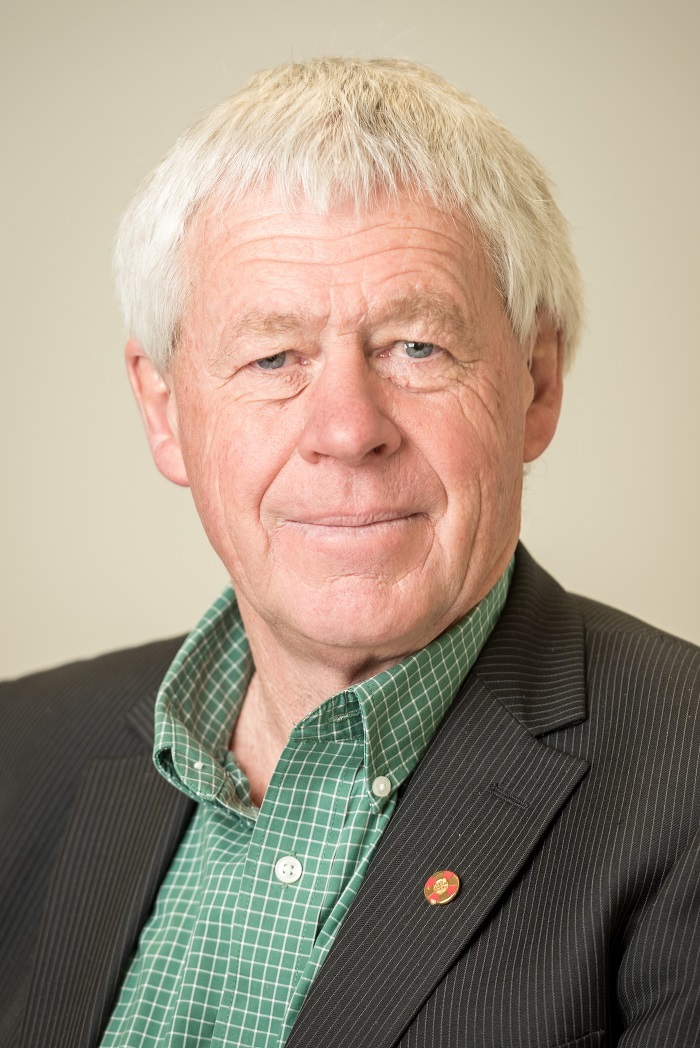
Tony Lepper
Tony Lepper’s priority is to restore public faith in the ORC that he feels has been lost.
Tony (66) lives at Earnscleugh, near Alexandra, and is a company manager and director.
He is a former mayor of Central Otago and has 27 years’ experience in local government. Tony also served five years as a ministerial appointment to the New Zealand Conservation Authority.
“The Otago Regional Council’s reputation has been tarnished by staff and councillor squabbling and the threat of intervention by Minister Parker. I would like to use my skills and experience to restore the public’s confidence in the council,” he said.
Alexa Forbes
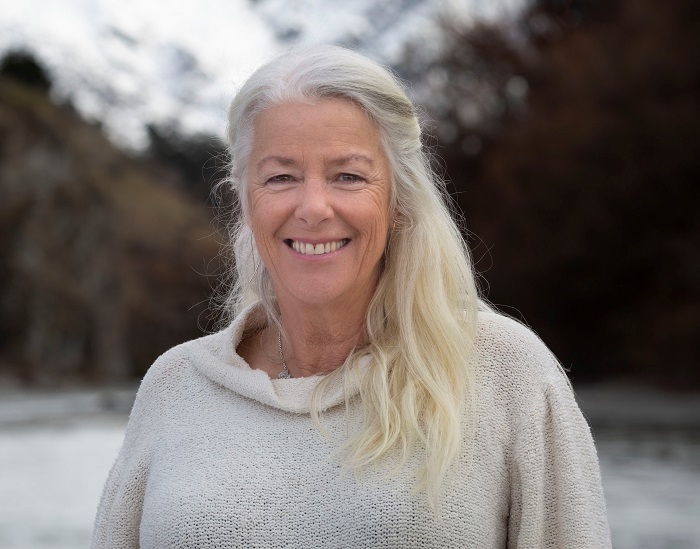
Alexa Forbes
Queenstown-based lecturer Alexa Forbes (62) has nine years’ experience in government roles.
Completing the Land and Water Plan is a priority but improving public transport is something that really spins her wheels.
“It needs to be; first reliable, second convenient and third frequent. I want to achieve a governance system across the region that provides this. If we can do this, we'll enjoy several co-benefits around greenhouse gas reduction, community connection, air quality and health.”
Gary Kelliher
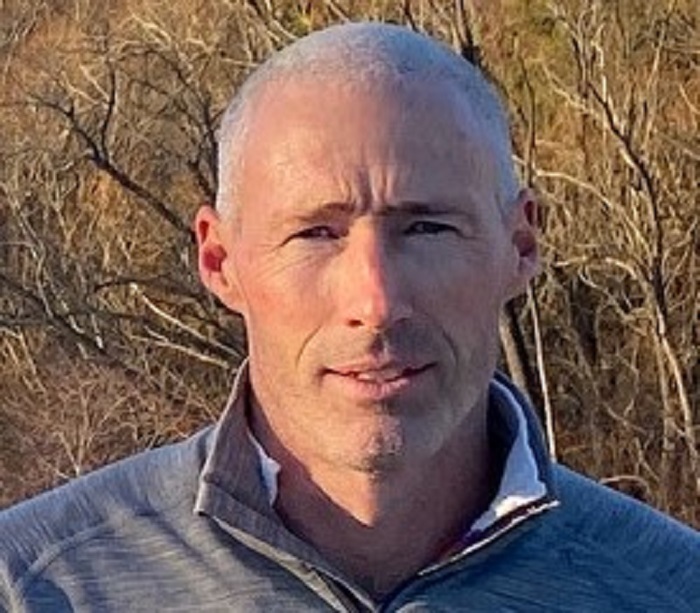
Gary Kelliher
Balancing environmental protection with a sustainable economy is the weighty challenge Gary Kelliher wants to focus on if elected.
Gary (50) is a farmer and company director and lives at Springvale near Alexandra. He has served two separate terms on the ORC.
He says he is seeking “a balanced Land and Water plan that ensures the environment is protected, but enables a sustainable and strong economy with varied land uses”.
Enhancing opportunities in agriculture, horticulture, viticulture and tourism would be part of his focus.
You can read more from the candidates on The Central App’s election pages here.



